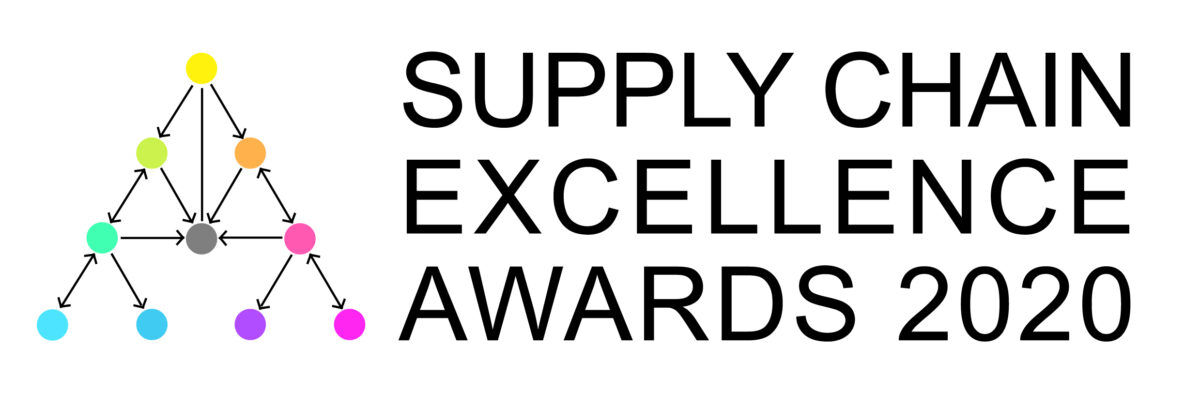It would be easy to be daunted by the scale of the supply chain challenge presented by the flooding in Pakistan.
Author: supplychainmag
Not that long ago, there were predictions that RFID would revolutionise the supply chain sweeping away all that had gone before.
What’s happening to our high tech supply chains? Demand in recent weeks for micro chips seems to have caught everyone on the hop. According to figures released by the Semiconductor Industry Association, the global semiconductor industry is operating at
A few weeks ago, I highlighted the problem Nissan was facing in obtaining supplies of key components because of a shortage of computer chips (Chips are a supply chain issue, 19th July).
SAP users are a feisty bunch – last week castigating the giant software house for tardiness in bringing to market a software-as-a-service offering.
It’s a real cliché – describing the customer as king. But expressions become clichés precisely because they describe widely held views.
One electronics industry commentator called it “the ultimate supply chain screw-up”. Strong words but when a major international motor manufacturer has to stop the production line, there is, perhaps, some justification.
Fashion is a fickle business. Not exactly a groundbreaking observation, but add to that the current trend for “fast fashion” and it becomes all the more apparent. What’s in one week is out the window the next – and quite literally, it seems.
There can be few more stark examples of how environmental concerns are affecting supply chains than Ford’s “Blueprint for sustainability” released last month. This set out the steps it is taking to reduce its carbon footprint.
How capable are we of transforming our supply chains? Confidence may be growing in terms of a recovering economy and expectations of increased demand; however, findings from two recent high level surveys suggest that this optimism is tempered by a lack of






